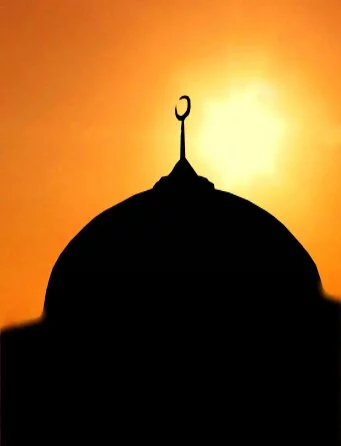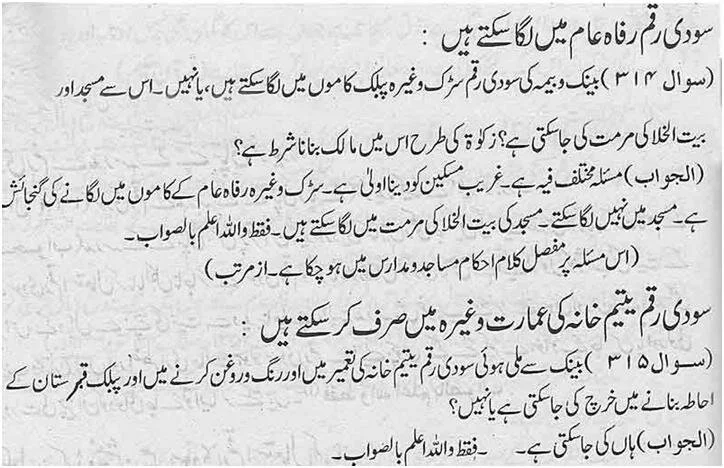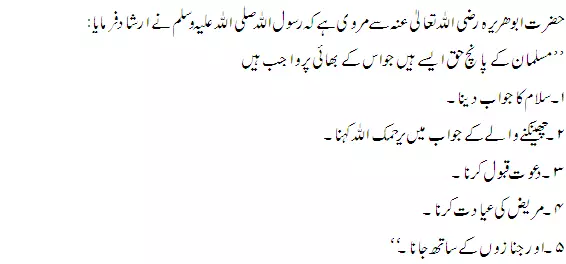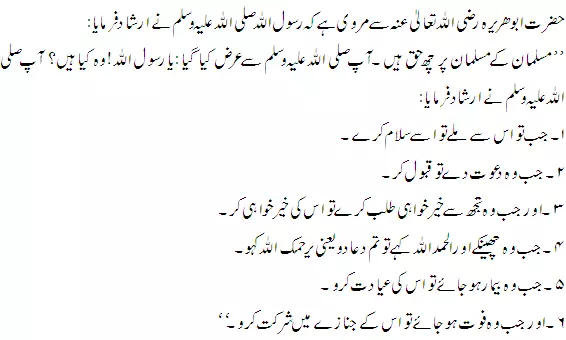Philosophy of Religion VS the Philosophy of Democratic Politics
 The Islamic Shariah laws are the rules and regulations, the moral and ethical codes by which all Muslims are asked to lead their lives. The question whether Islamic Shariah law is above democracy or not has been the subject of heated arguments for many years. However, today many Islamic countries and analysts show how the two can go hand in hand. While many people, including Muslims, believe that democracy is the way to go, the Islamic Shariah still controls the legal code of majority of the Muslim states. Even though extreme strictness and cruel punishments such as stoning and amputation exist in this law, the idea of the Shariah existing parallel to democracy, secularism and modernity is a growing one.
The Islamic Shariah laws are the rules and regulations, the moral and ethical codes by which all Muslims are asked to lead their lives. The question whether Islamic Shariah law is above democracy or not has been the subject of heated arguments for many years. However, today many Islamic countries and analysts show how the two can go hand in hand. While many people, including Muslims, believe that democracy is the way to go, the Islamic Shariah still controls the legal code of majority of the Muslim states. Even though extreme strictness and cruel punishments such as stoning and amputation exist in this law, the idea of the Shariah existing parallel to democracy, secularism and modernity is a growing one.
Various analysts throughout the world agree that democracy has its foundation in Islam and the Koran, as the Koran clearly states that mutual discussion is required among the people. The implementation of complete Shariah law, for many Muslims, is the last hope left for them to be united under one banner, to be free of autocratic corruption and to be treated with Justice and the rule of the law. On the other hand many favor the democratic or secular system in which the Muslims will be able to follow their religion out of their own spiritual needs and not due to the pressure put on them by the law obligating them to perform their religious duties.
Due to the mixed opinions of the Muslims all around the globe, the democratic law and the Islamic law have been incorporated together in three different ways, all in the hope of creating a balance between the two. The first system is known as the Dual Legal System which is practiced in majority of the Muslim countries. In this system Shariah courts are allowed to exist under a secular government and the citizens are permitted to take their family and financial issues to the Shariah courts. Many western democracies are considering the establishment of small level Shariah courts to tackle disputes regarding marriage, divorce, inheritance etc among the Muslims of their country.
The second system is known as the Government under God. This system is practiced in the United Arab Emirates, Saudi Arabia, Yemen, Bahrain, Kuwait etc. Under this system, Islam is considered the religion of the state and the laws and constitution is derived from the Shariah Law. The third system is the completely secular one, in which Islamist groups influence the local traditions however in the constitution there is no influence from the Shariah. Such a system is practiced in countries like Azerbaijan, Chad, and Somalia etc.
Even in secular Islamic states, the Islamist political parties affect the way of life reducing the crack between the state and the religion. Hence there is no denying that the Shariah Law makes it way up the system and has a control over the way the Islamic countries are run.






